Tesco ends sale of 5p single-use carrier bags
Customers will have to buy 10p bag-for-life if they don't bring their own
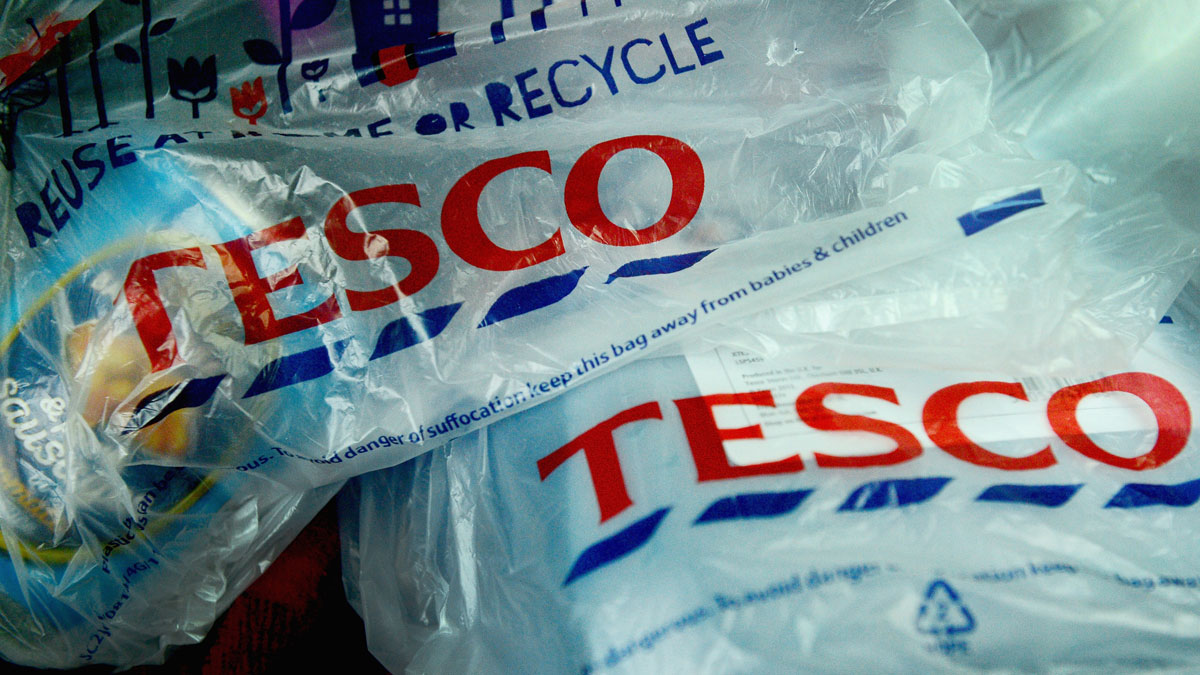
A free daily email with the biggest news stories of the day – and the best features from TheWeek.com
You are now subscribed
Your newsletter sign-up was successful
Tesco's latest price match offer: is it the best yet?
12 October
Tesco has launched a new broadside in its bid to boost flagging performance, with a renewed "price match" offer that some analysts reckon is the best incarnation of the deal in the sector yet.
Under its new "brand guarantee", which is launched today, the supermarket giant pledges to reduce a customer's bill instantly if branded goods they have bought are being offered for sale cheaper at any of the other "big four" retailers Asda, Sainsbury's and Morrisons. All shoppers purchasing at least ten items and one branded item will be eligible.
The Week
Escape your echo chamber. Get the facts behind the news, plus analysis from multiple perspectives.

Sign up for The Week's Free Newsletters
From our morning news briefing to a weekly Good News Newsletter, get the best of The Week delivered directly to your inbox.
From our morning news briefing to a weekly Good News Newsletter, get the best of The Week delivered directly to your inbox.
This replaces its "price promise", which gave customers a voucher for future visits if their shopping basket could have been bought cheaper at the same main rivals.
Personal finance expert Sarah Willingham told the Daily Mirror "instant money off at the checkout means no more hassle and a win for shoppers", adding that "price matching has become far too complicated".
But there are limitations to the new offer. Unlike the previous price match promise, this new offer only applies to branded products. As such it also continues to exclude the discounters Aldi and Lidl, who have been taking market share from the established brands and are primarily responsible for the deflation in food costs.
Morrisons had been the only one of the big four to directly challenge the disruptive duo on pricing, with a price-match scheme that included them alongside the big competitors. It had offered points to customers if their shop could have bought cheaper elsewhere. However, Morrisons [2]dropped the complex scheme last week in favour of a simpler points-for-pounds loyalty card.
A free daily email with the biggest news stories of the day – and the best features from TheWeek.com
Tesco's chief executive Dave Lewis has been attempting to turn around Britain's number one supermarket after it reported a record corporate loss of £6.4bn for last year. Last week it reported profits were down 55 per cent for the first half of the year, but that the volume of customers and items purchased across the UK had risen.
Tesco shares were down 0.7 per cent on Monday lunchtime at 203.4p, around six per cent higher than the last close before the results announcement.
Tesco boss invests £200k after U-turn on share-buying ban
09 October
Tesco chief executive Dave Lewis has bought a £200,000 stake in the supermarket group he is attempting to turn around – just a day after he said senior management had barred themselves from buying stock.
The Daily Telegraph reports that stock market filings show Lewis bought 99,950 shares at 200.1p each. Tesco chairman John Allan acquired a stake worth £99,746, while finance boss Allan Stewart purchased shares worth around £101,000.
News of the deals emerged after the company's half-year results on Wednesday.
The results marked the official end of the asset sales, as Lewis said the company did not need to dispose of any more businesses to reduce its debt. However, regulatory probes are ongoing and the findings of a Serious Fraud Office investigation could be made public before the end of the year.
Prior to news of his £200,000 investment, Lewis has faced intense criticism over his failure to back his own company. Corporate governance groups said it showed the executives were not confident in the business. Writing in the Motley Fool last month, Malcolm Wheatley, who owns shares in both Tesco and Morrisons, praised David Potts, the boss of Morrisons, for investing £1.5m in his supermarket even though it, too, is struggling.
"As one of those ordinary retail investors... I can't help but be influenced by the apparently contrasting views of Messrs Potts and Lewis. Mr Potts might be wrong, but at least I've the sense of comfort that comes from knowing that he's investing a decent wedge of his own money right alongside mine."
Tesco vows no more asset sales
7 October
Tesco chief executive Dave Lewis has officially called a halt to a programme of asset sales to reduce the group's debt pile, ending speculation it will offload the data unit that runs its Clubcard loyalty scheme or its Eastern European arm.
But the Daily Telegraph says Lewis drew attention to figures showing an increase in the number of shoppers and purchases per visit in its UK stores, which saw a lower-than-expected fall in like-for-like sales of 1.1 per cent. He also pointed to "an unprecedented level of change" as part of an ongoing turnaround that "is working".
FastFT notes Tesco has, among other things, closed 53 unprofitable stores since the beginning of 2014, slimmed down product ranges by an average of 15 per cent, cut project spending by 60 per cent and closed its final salary pension scheme, which carries a £4bn deficit.
It has also reduced prices across the store, which is attracting customers but hitting takings at the till.
As a result of these efforts, Lewis said he will not sell any more assets after disposing of Tesco's Korean unit for £4.2bn this summer. The firm will hang on to the Dunnhumby data business it feels is massively undervalued as well as its Eastern European business - and Lewis dismissed the suggestion it would raise new equity to pay down its £8.6bn debt.
But despite the underlying improvement – and news that it might be closing in a deal with the SFO over last year's accounting scandal – some observers still say the turnaround is far from complete.
"With a Serious Fraud Office investigation still casting its shadow, the unrelenting pressure on margins that discounters Aldi and Lidl continue to exert, combined with the additional costs it faces from the national living wage, the group's turnaround project still has a long journey ahead," Julie Palmer, partner at Begbies Traynor, told the Telegraph.
Tesco's shares were down 0.6 per cent to 191p on Wednesday morning. This is an improvement on an early-trading plunge of more than three per cent and leaves the shares just 1p down on where they closed on Tuesday.
Clubcard sale flops as Tesco lines up another exit
28 September
Tesco's plan to exit the data subsidiary that looks after its Clubcard loyalty scheme looks set to be pulled amid wrangling over its price tag, but another exit worth £3bn is being lined up as cutbacks continue at the country's biggest grocer.
The supermarket chain, by far the largest by sales in the UK but struggling amid a withering of its market share, has already this month exited its profitable Korean Homeplus unit in a deal that raised more than £4bn (see below). Next on the block, according to the Sunday Times, is its Central and Eastern Europe business, which could fetch £3bn.
The paper says private equity firms have already been contacted over a sale and some are working on financing for a deal. Included would be Tesco's operations in Poland, Hungary, Czech Republic and Slovakia.
News of the latest potential sale comes as discussions regarding a sale of data company Dunnhumby have apparently been all but exhausted. Advertising business WPP is thought to be the "last serious bidder" and is struggling to agree a price, after initial estimates of £2bn have dropped to just £500m to £700m.
Would-be suitors have expressed concern over whether the business could make ground in America after local supermarket chain Kroger bought the US operations earlier this year. There have also been questions over contractual obligations to Tesco that run until 2020.
Tesco is struggling to bounce back from record losses of £6.4bn last year and is undertaking a massive restructuring, which alongside asset sales, includes changes to the company's pension plan and rowing back on expansion plans.
Its shares were down 0.9 per cent this afternoon in London, to 166p.
Tesco sacrifices successful Homeplus unit to cut debt
7 September
Tesco has sacrificed one of its few successful overseas forays in a bid to cut its £8.5bn debt pile and strengthen a balance sheet rocked by a series of writedowns and a major accounting scandal.
According to the Financial Times, the transaction will cut Tesco's net debt by around £4.2bn – the buyers are taking on all of Homeplus's liabilities, "including those owed to Tesco" – from the £8.5bn reported at the end of February. Tesco reported the largest pre-tax loss in British history of £6.4bn last year.
Elsewhere, the FT notes that Tesco's Homeplus was one of a few success stories for overseas firms in South Korea. The company "entered South Korea in 1999 on the heels of France's Carrefour and Walmart of the US" and then watched as "both those rivals pulled out of their struggling businesses in 2006" amid criticism they failed to "customise their offerings to the local market".
In contrast Tesco "tried to win over shoppers by making its new business as South Korean as possible from the start", launching it as a joint venture with trusted local brand Samsung. The latter owned a minority 20 per cent stake but had its brand "emblazoned on the exterior of stores". Combined with locally-sourced management and a South Korean sales culture, this helped Homeplus become the second largest retailer in the country.
But the sale may have come at an opportune time to realise a healthy return. Homeplus's earnings are falling and its profit margin has halved in the wake of draconian regulations targeted at larger store brands, which are forced to close every other Sunday, the biggest trading day of the week, to protect local businesses.
Yu Jeong-hyun, an analyst at Daishin Securities, said the price "seems high given the state of the market".
-
 ‘Those rights don’t exist to protect criminals’
‘Those rights don’t exist to protect criminals’Instant Opinion Opinion, comment and editorials of the day
-
 Key Bangladesh election returns old guard to power
Key Bangladesh election returns old guard to powerSpeed Read The Bangladesh Nationalist Party claimed a decisive victory
-
 Judge blocks Hegseth from punishing Kelly over video
Judge blocks Hegseth from punishing Kelly over videoSpeed Read Defense Secretary Pete Hegseth pushed for the senator to be demoted over a video in which he reminds military officials they should refuse illegal orders
-
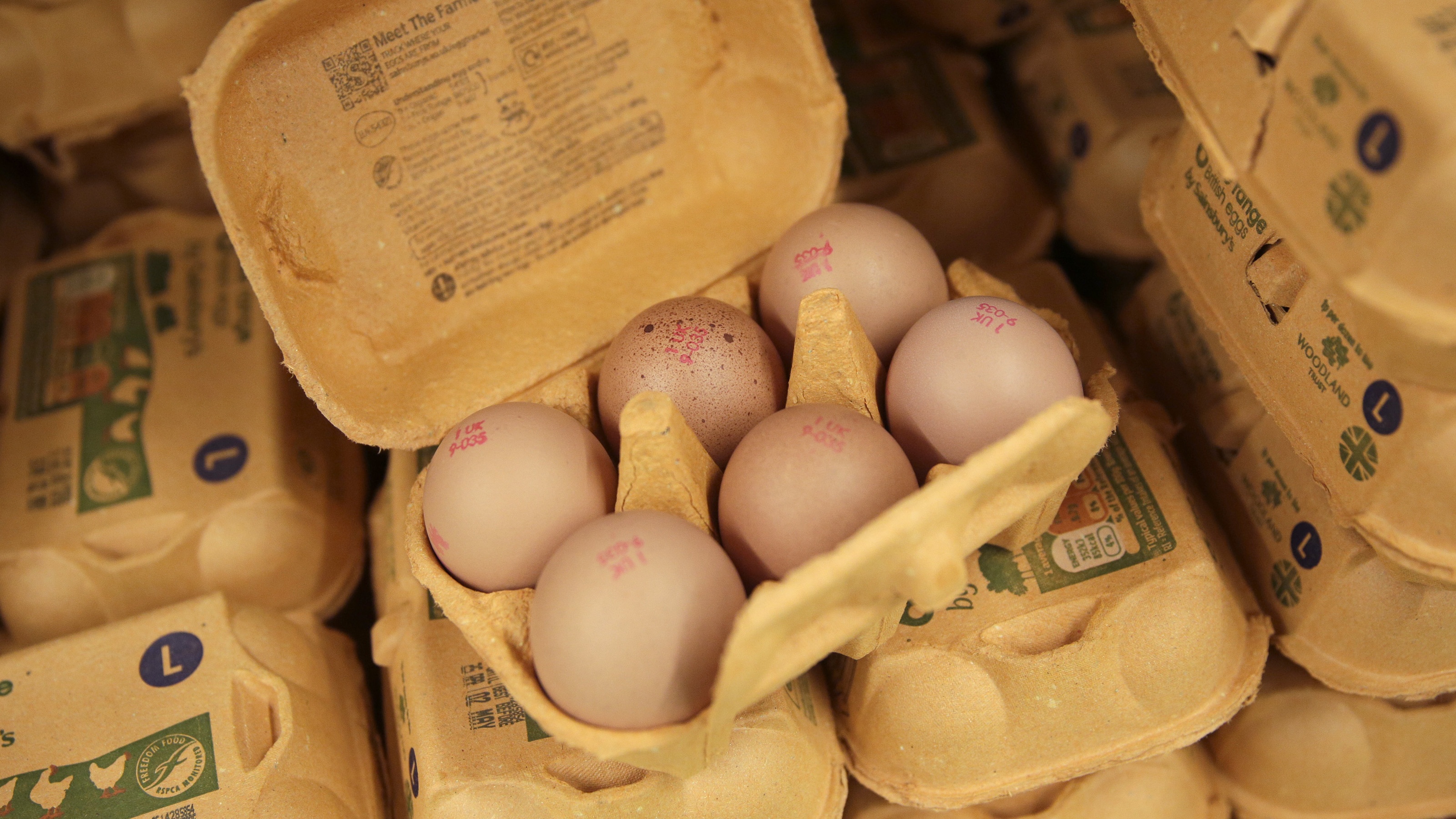 The UK’s Christmas egg shortage
The UK’s Christmas egg shortagefeature Supermarkets blame bird flu but farmers say unfair buying practices are driving them out of business
-
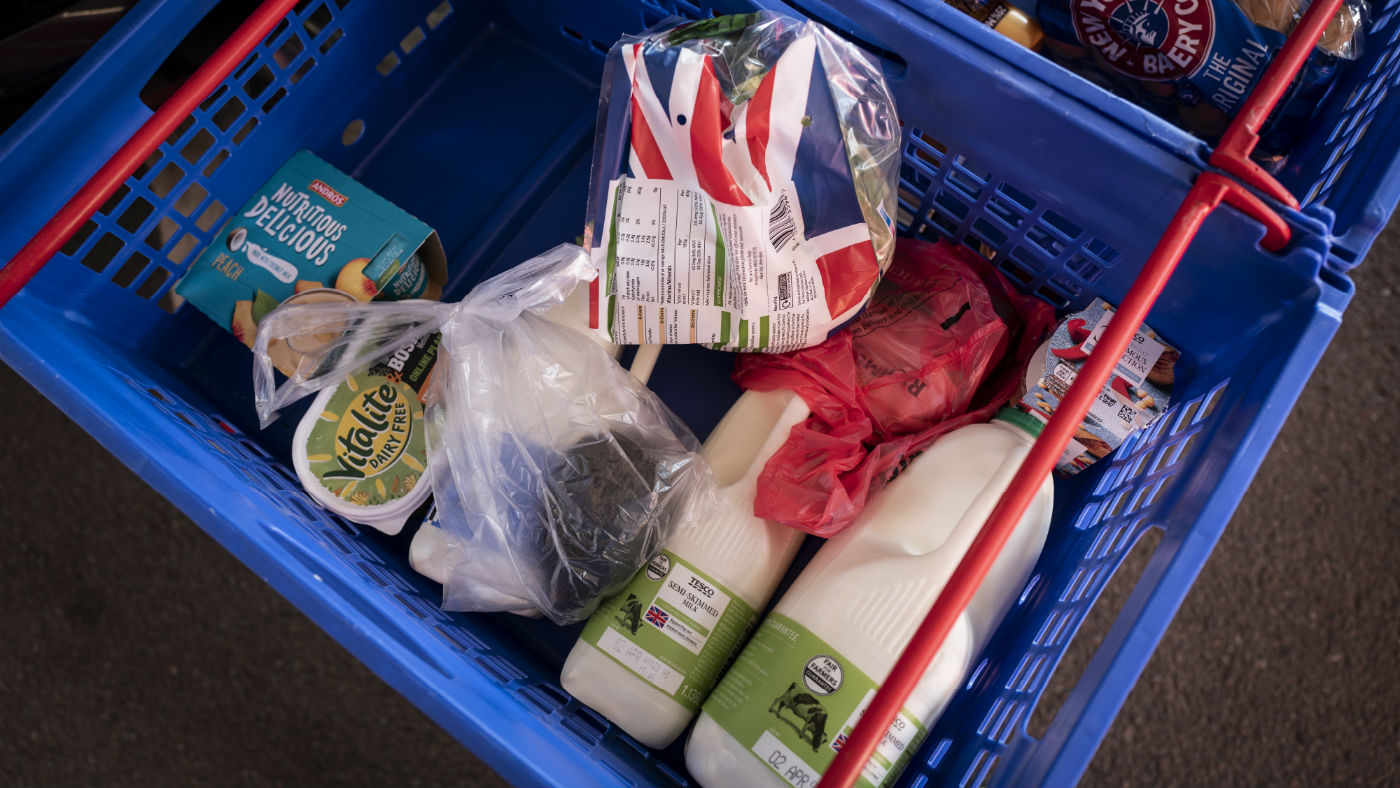 Tesco to reward lockdown temps with 16,000 permanent jobs
Tesco to reward lockdown temps with 16,000 permanent jobsSpeed Read The supermarket giant has more than doubled online capacity since lockdown amid boom in demand
-
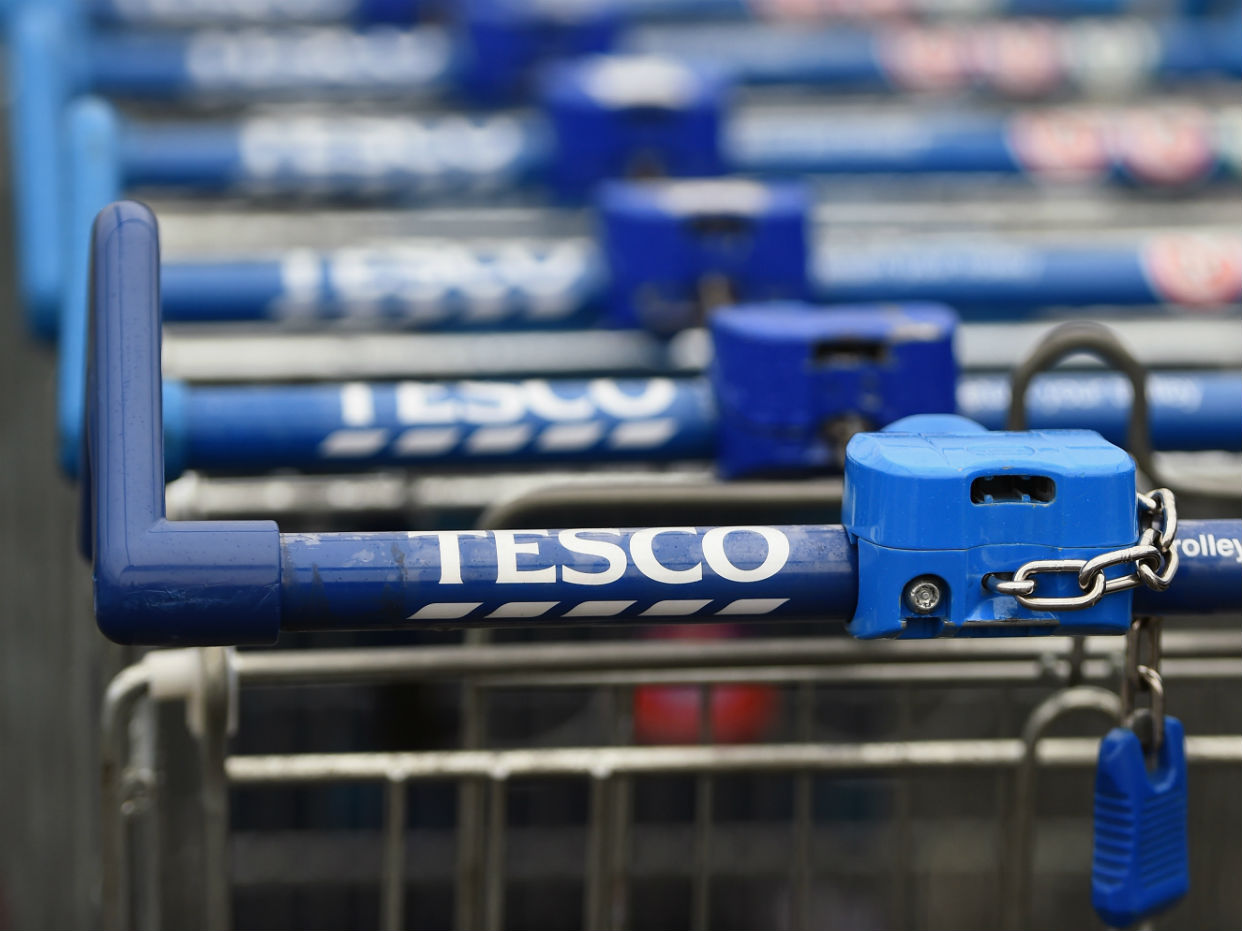 How coronavirus put the weekly shop back in vogue
How coronavirus put the weekly shop back in vogueSpeed Read Tesco boss says transactions have halved as basket size doubles
-
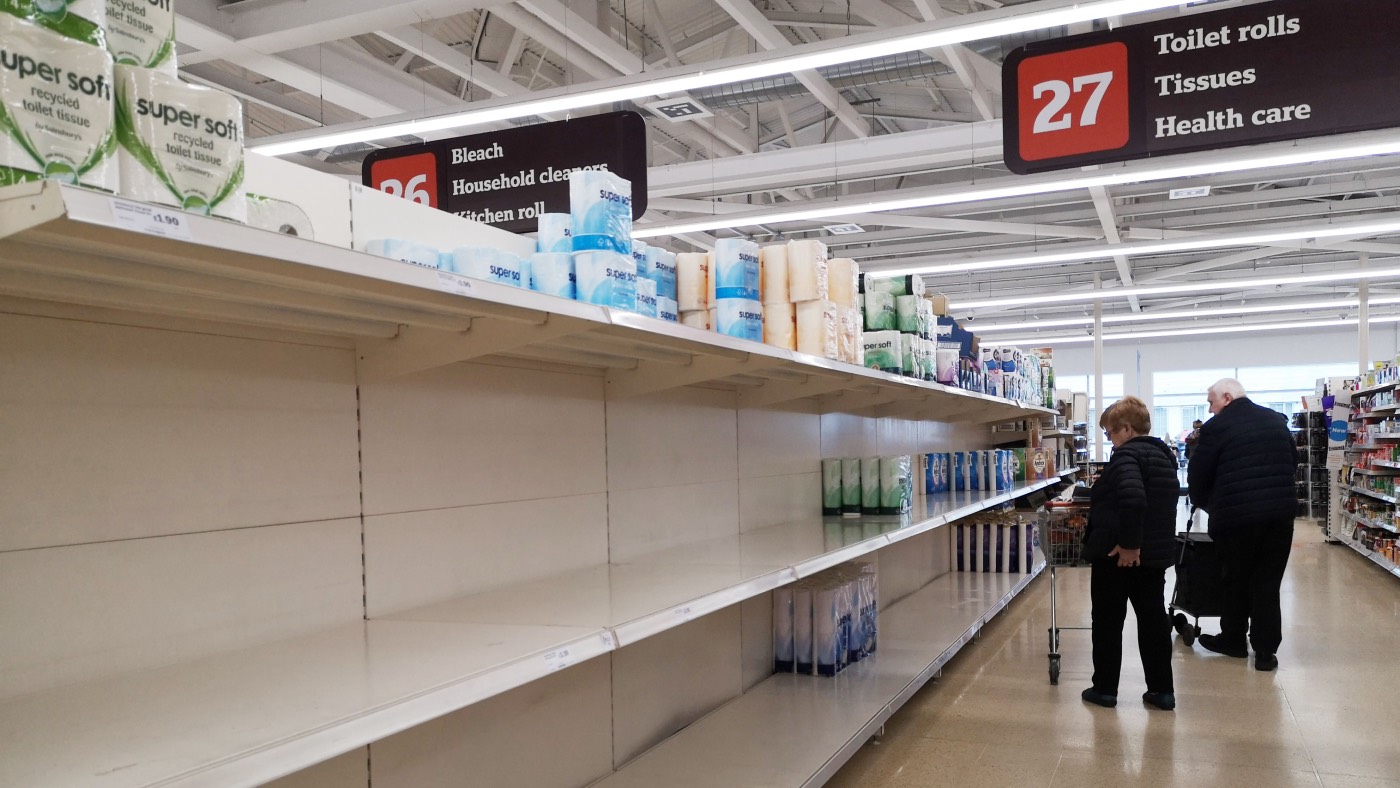 Coronavirus: supermarkets start rationing to combat panic buying
Coronavirus: supermarkets start rationing to combat panic buyingSpeed Read Stockpiling has led to empty shelves at some UK supermarkets - but shortages may be short-lived
-
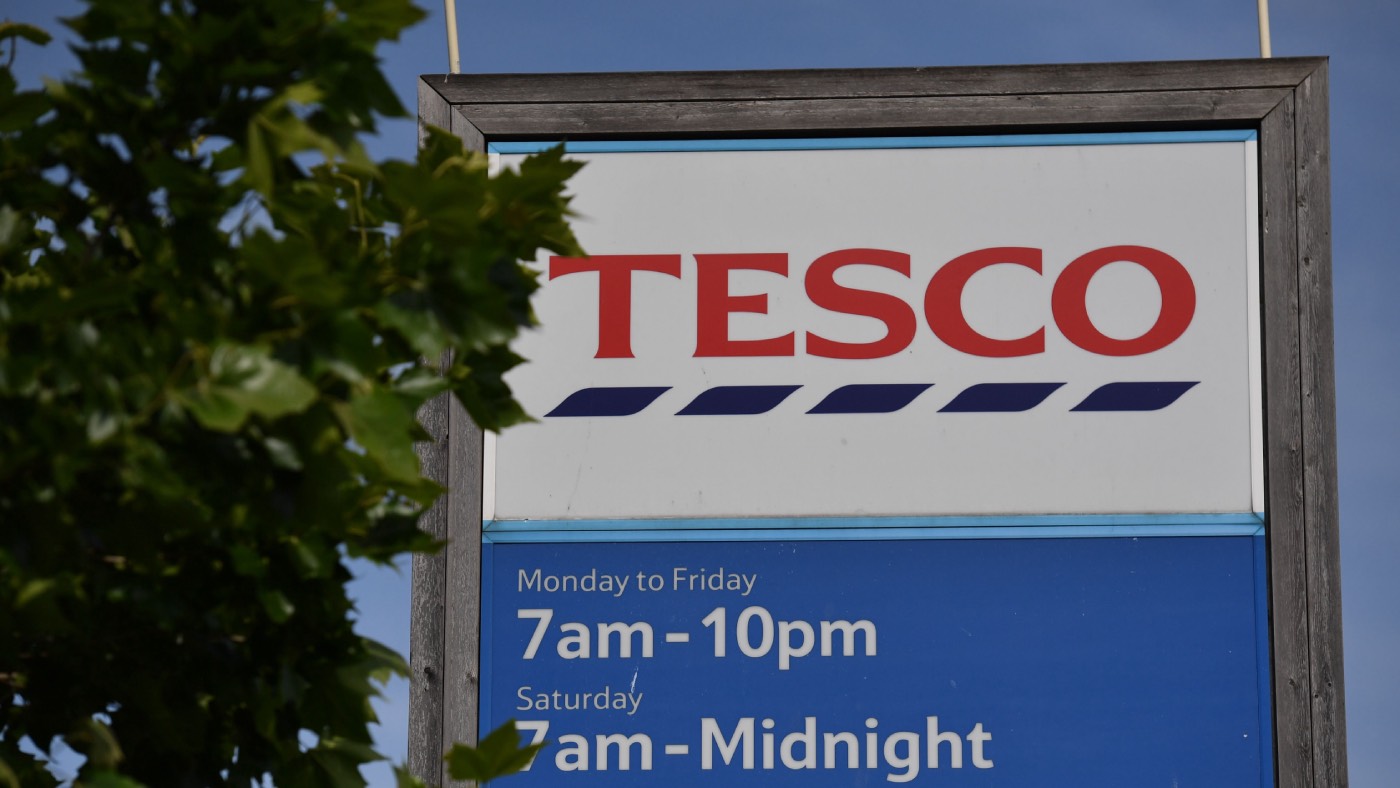 Tesco blames falling bread demand for 1,800 job cuts
Tesco blames falling bread demand for 1,800 job cutsSpeed Read Supermarket chain's announcement comes after rivals trimmed workforces
-
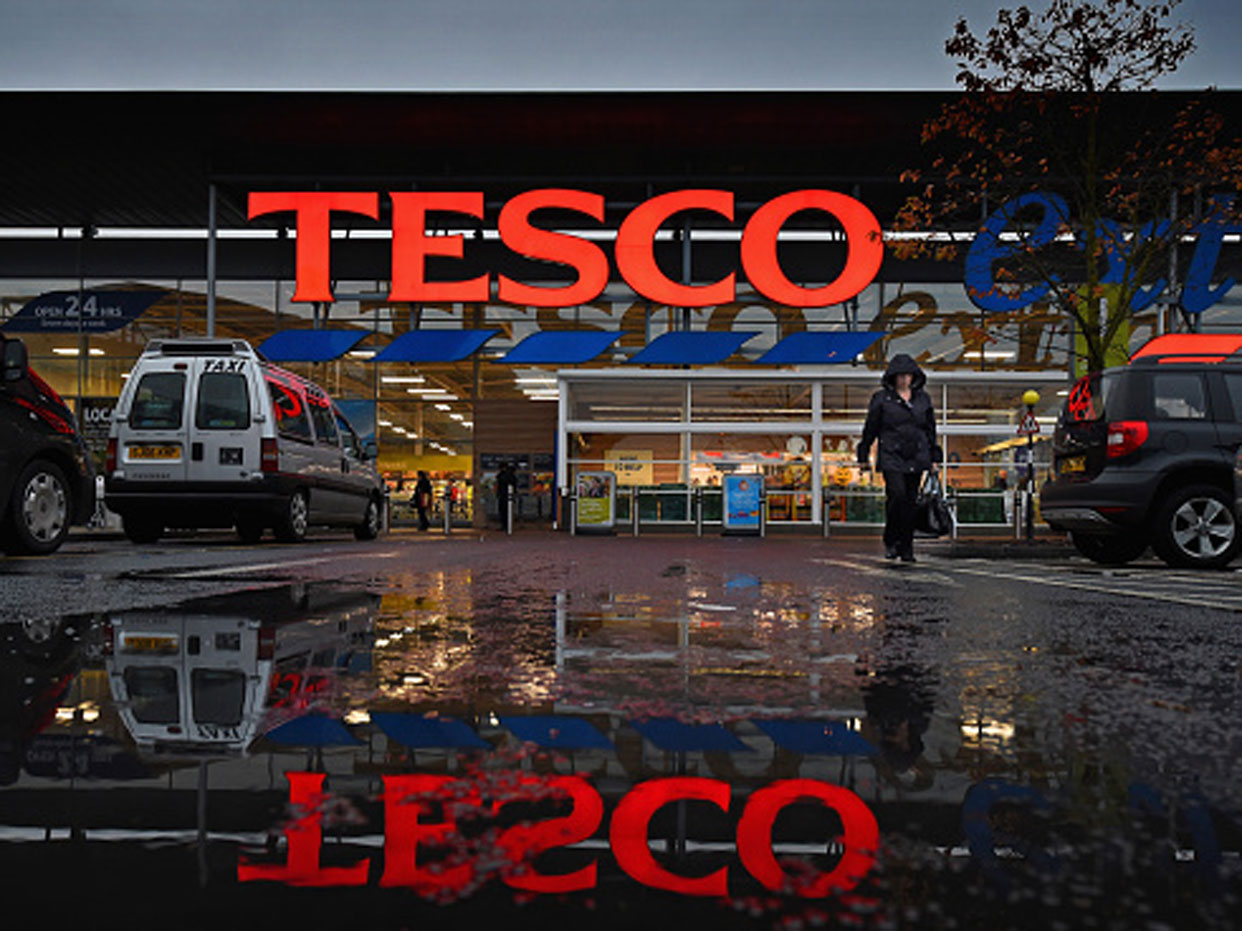 Tesco to sell plasters in diverse skin tones
Tesco to sell plasters in diverse skin tonesSpeed Read Move to diversify plaster offering follows viral tweet last year
-
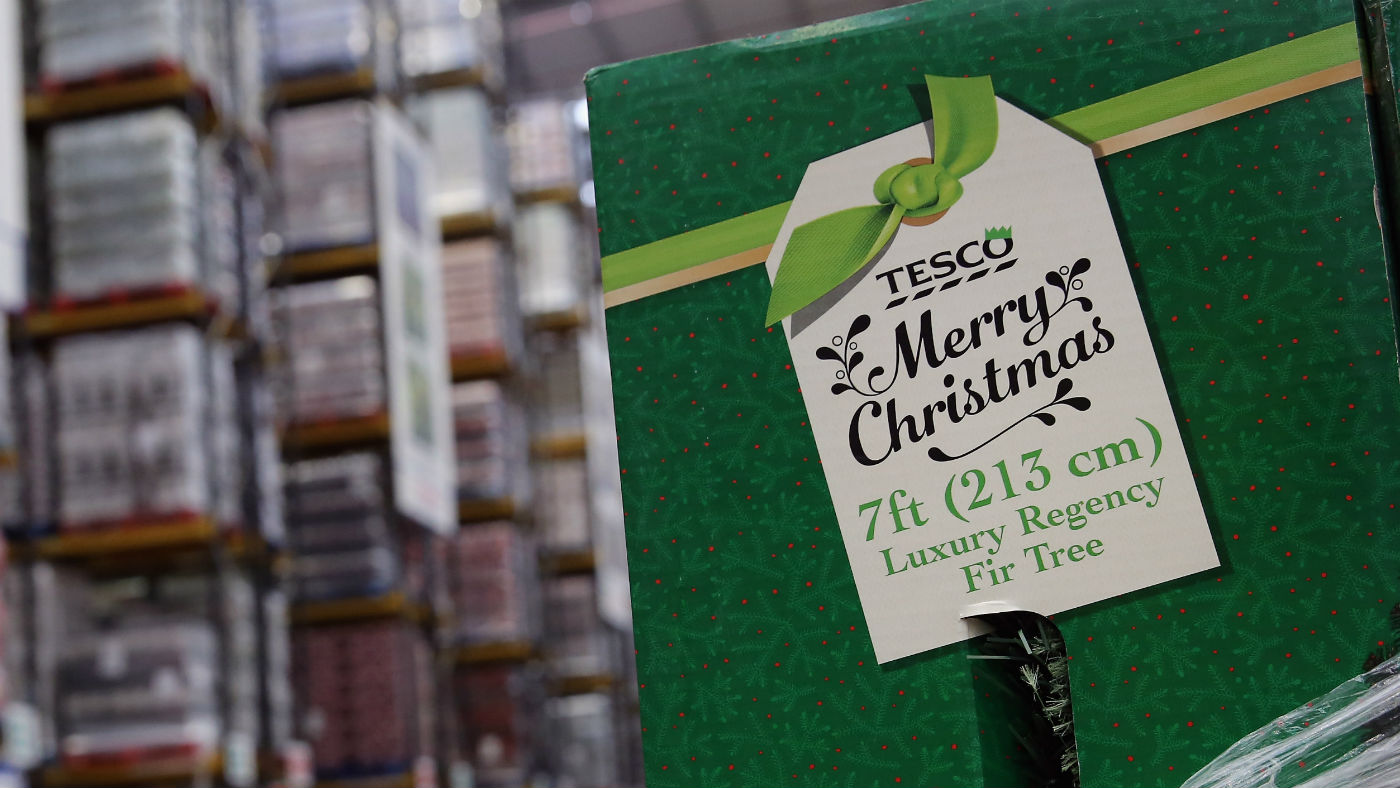 Tesco facing Christmas card forced labour claims
Tesco facing Christmas card forced labour claimsSpeed Read Six-year old’s discovery of a note from prisoners in a Chinese gulag puts spotlight on retailer’s relationship with suppliers
-
 Sales of Christmas puddings down on 2018
Sales of Christmas puddings down on 2018Speed Read Supermarket data shows slump in demand for festive food